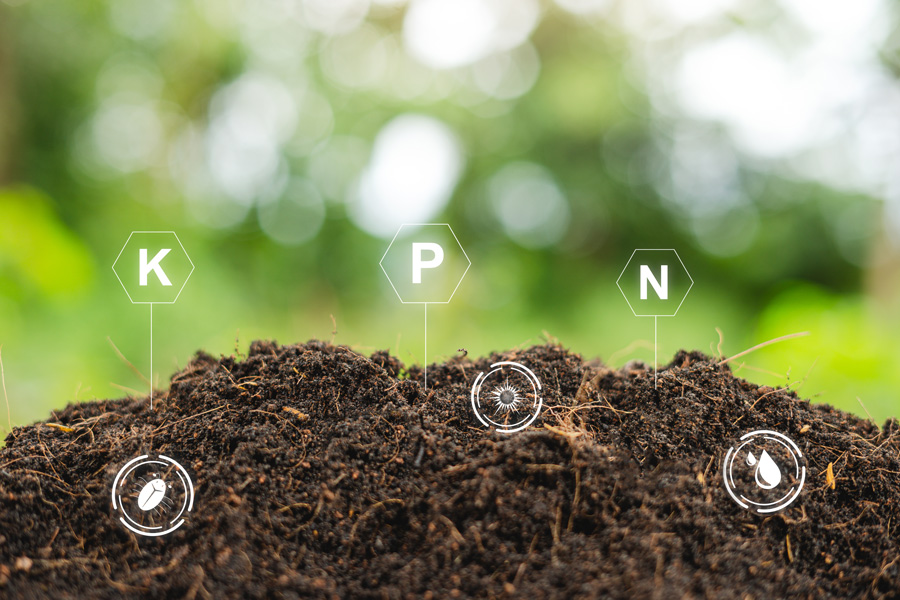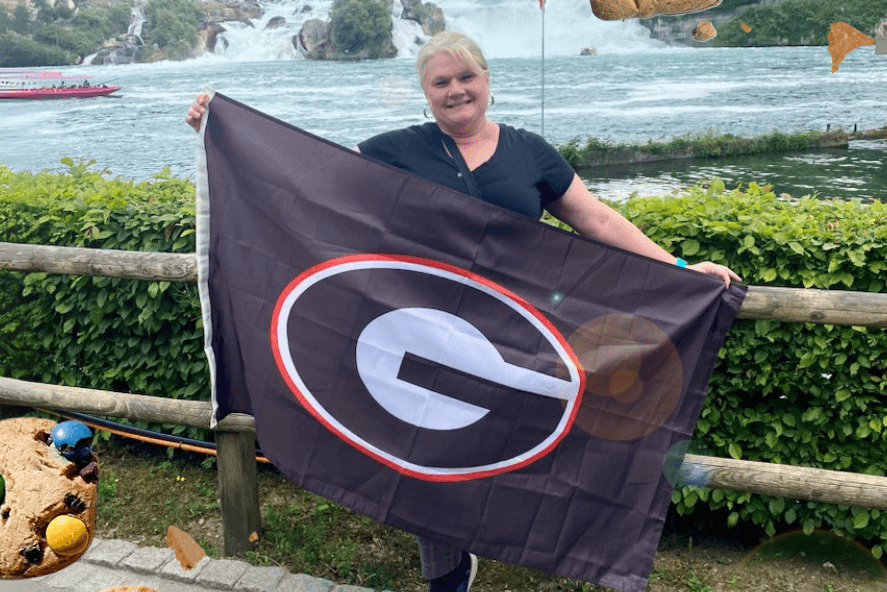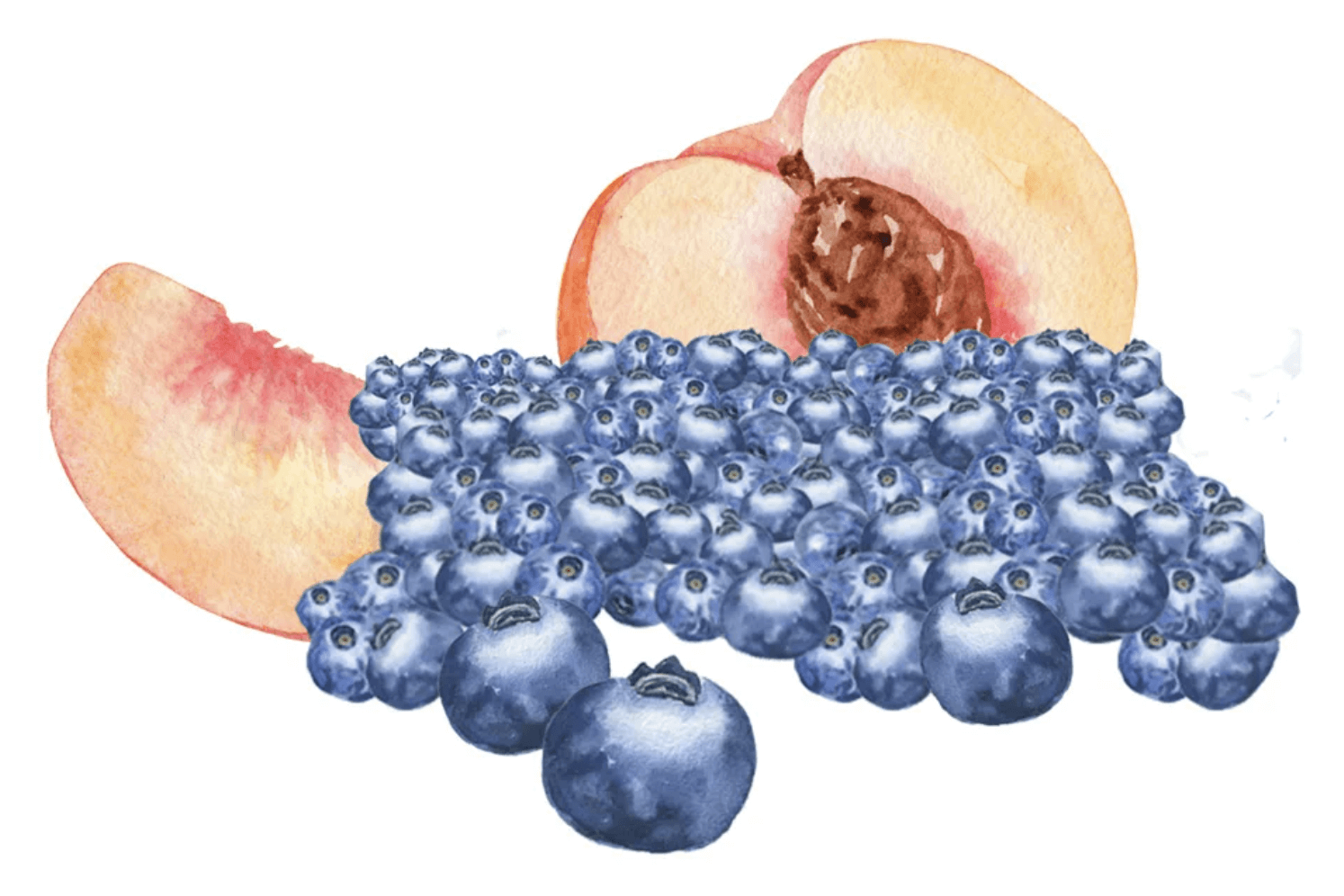
Private wells are exclusively supplied by groundwater. The source waters for most public water systems in south Georgia (and some in north Georgia) are also supplied by groundwater. Generally, lead and copper concentrations in the major underground aquifers in Georgia are far below the U.S. Environmental Protection Agency’s (EPA) action levels. They enter the household drinking water system and exceed the action levels almost exclusively via corrosion of plumbing materials. Many homes built prior to the 1988 still have lead solder connecting copper pipes, unless later on replaced by PVC pipes. Also, indoor plumbing fixtures are often made of lead and copper or their alloys, such as brass. Corrosive water can dissolve small amounts of these metals from plumbing which, upon drinking, may be harmful to your health. In 1992, the lead and copper rule, published by the EPA, became effective and required that municipal water suppliers must treat water to reduce concentrations below action levels of 0.015 milligrams (mg) lead per liter or 15 parts per billion (ppb) and 1.3 mg copper per liter or 1.3 parts per million (ppm). Keep in mind, however, that the EPA does not regulate private water supplies (such as well water), nor can the EPA control the lead and copper contamination that may result from your household pipes.

Published by University of Georgia Cooperative Extension. For more information or guidance, contact your local Extension office.
The University of Georgia College of Agricultural and Environmental Sciences (working cooperatively with Fort Valley State University, the U.S. Department of Agriculture, and the counties of Georgia) offers its educational programs, assistance, and materials to all people without regard to age, color, disability, genetic information, national origin, race, religion, sex, or veteran status, and is an Equal Opportunity Institution.
Status and Revision History
- Published with Minor Revisions on October 16, 2020
- Published with Full Review on June 6, 2023
What is a Circular?
Circulars are more focused than Bulletins and will discuss one subject in a limited form.
Written and Reviewed by Experts
This resource was written and reviewed by experts. Click below for more information on how we produce science you can trust.






